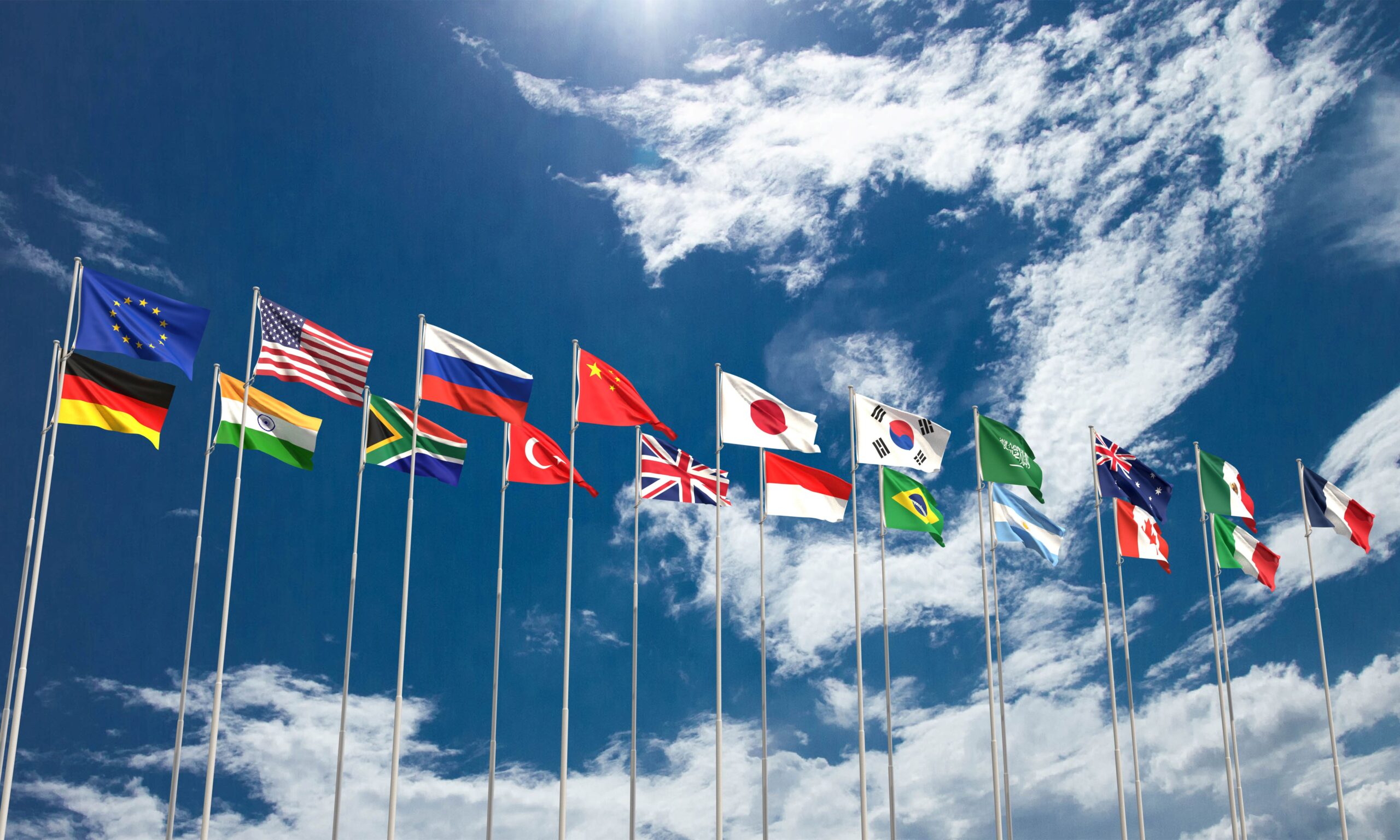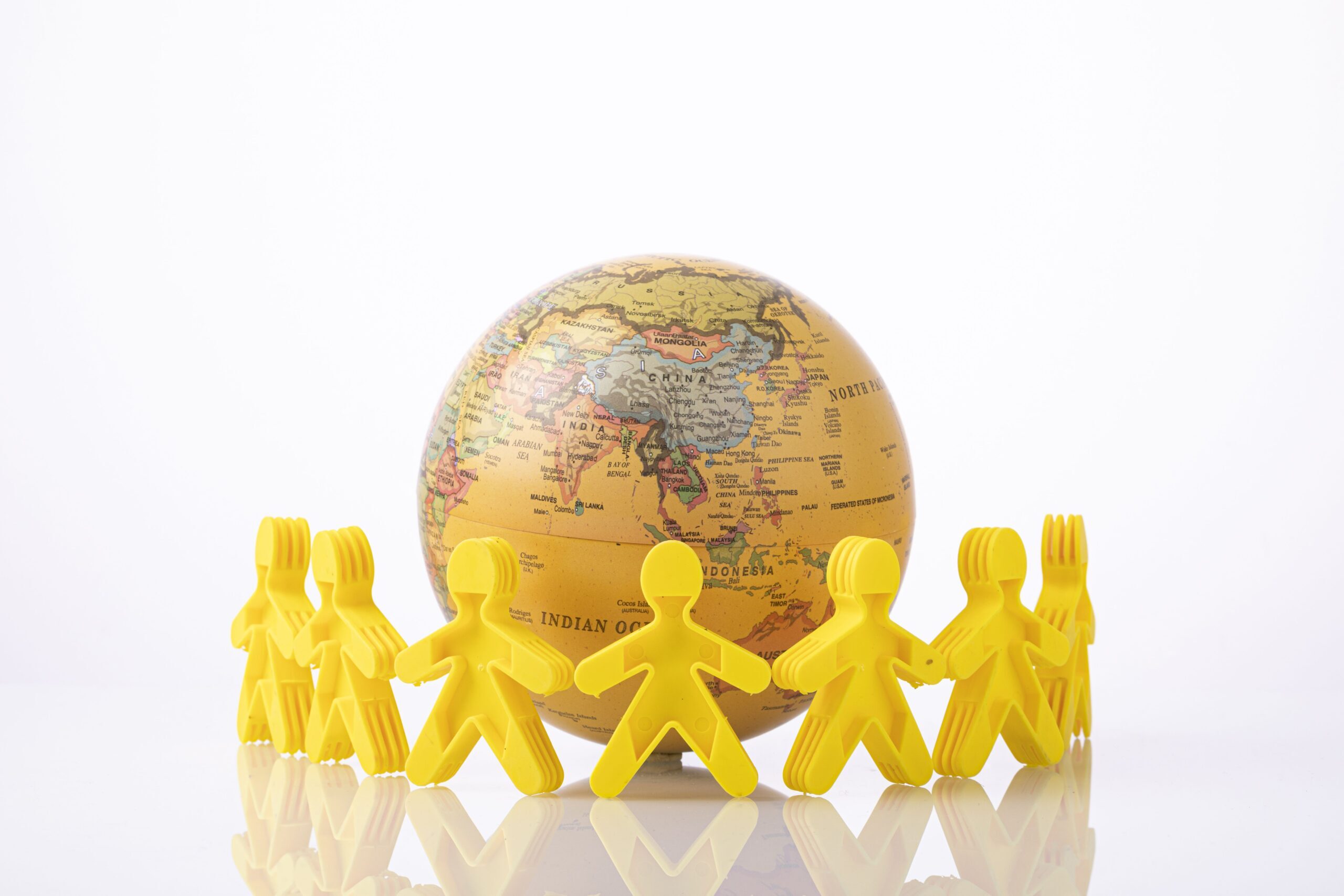The concept of an international community, a collective of nations united by shared values and responsibilities, was born from the ashes of two world wars. Charged with maintaining global peace, fostering economic development, and safeguarding human rights, institutions like the United Nations were designed to transcend narrow self-interest. Yet today, critics argue that this noble vision has fragmented into what might better be called a “community of national interests,” where powerful states enforce their own agendas under the cloak of multilateralism.
From Global Ideal to Self-Serving Alliance
At its founding, the UN Charter enshrined the principle that all members, large and small, would cooperate on equal footing. The Security Council’s permanent members: China, France, Russia, the United Kingdom, and the United States, were entrusted with veto power to ensure rapid action against threats to peace. In practice, however, the veto has often shielded these powers from accountability, enabling them to pursue strategic goals without recourse.
Over the decades, major conflicts, from the Korean War to the Gulf War, revealed how underlying national interests could guide intervention decisions. While humanitarian impulses sometimes motivated peacekeeping missions, the same bodies have hesitated when commercial or geopolitical stakes were low.
Veto Power: Shield or Sword?
The veto is perhaps the clearest symbol of the divide between collective security and narrow self-preservation. By exercising a single “no” vote, a permanent member can block resolutions, even those with overwhelming international support. Critics point to two troubling patterns:
- Selective Enforcement: Sanctions and military actions are deployed swiftly against some regimes, yet vetoed or ignored when friendly governments are implicated.
- Perpetuation of Inequality: The privileged status of five nations sits uneasily alongside the principle of sovereign equality enshrined in the UN Charter.
This dynamic has fostered skepticism: if the Security Council’s most powerful states use their veto to protect allies or corporate interests, can the UN still claim moral authority?
Selective Intervention in Practice
Across multiple arenas, global responses often hinge on whether a crisis intersects with great-power interests.
Main examples:
Iraq (2003): Under the pretext of disarming weapons of mass destruction, later proven nonexistent, the U.S.-led coalition invaded Iraq without UN approval, sidelining international legal norms.
Darfur (2003–2010): Despite credible evidence of genocide, repeated Chinese vetoes (aimed at preserving Sudanese oil deals) delayed robust UN action, allowing atrocities to continue.
Israel and Pakistan: Both nations developed nuclear arsenals with minimal censure, reflecting their strategic partnerships with permanent Council members and underscoring double standards in non-proliferation enforcement.
These examples illustrate how security decisions often track the geopolitical map rather than universal principles.
Beyond “One Law for Some”
Reforming global governance requires confronting entrenched privileges. Suggestions range from expanding Security Council membership and restricting veto use in cases of mass atrocities, to bolstering the UN General Assembly’s authority, where all 193 members vote equally. Calls for a “Parliament of Nations” echo efforts to democratize decision-making and ensure that international law applies impartially.
Sociologist Nicolas Hourcade warns that simply transplanting stadium-style bans or top-down orders onto broader society, as some propose, misses the root problem: a deficit of mutual trust. Effective collective security depends on transparent processes, shared norms, and mechanisms that hold every state, large or small, to the same standards.
Renewed Collective Vision
Rebuilding a genuine international community means transcending zero-sum calculations in favor of cooperative solutions. Climate change, pandemics, and transnational terrorism demand coordinated responses, yet only if nations can overcome suspicions that aid will be twisted for narrow gain. Steps forward might include:
- Phasing in binding commitments on human rights and environmental protection that apply equally to all states.
- Strengthening investigative and accountability bodies within the UN to act independently of Security Council vetoes.
- Encouraging regional organizations (e.g., African Union, ASEAN) to assume greater conflict-resolution roles, reducing reliance on great-power interventions.
In the words of Jean de La Fontaine, “The strongest is not always right”, yet without checks on raw power, might will too often dictate policy. If the international community aspires to be more than a marketplace of rival agendas, it must revive its original purpose: a forum where common goods: peace, justice, and human dignity, outweigh the fleeting preferences of any single state.
Only by reasserting shared values and equitable rules can nations rebuild trust and chart a course toward genuine cooperation. In doing so, the world will inch closer to the ideal once envisioned: not a jungle of self-interest, but a community united by the welfare of all.

